As residents of Scarborough town centre are aware, since the last millennium a Controlled Parking Zone or CPZ has been in place to control on-street parking.
The scheme was introduced to the folks in the town centre as a residential parking scheme, but it quickly transpired the scheme was really a tax raising exercise to cover the running costs of the failed Seamer Road Park-and-Ride scheme.
So how does a CPZ get introduced? The local highways authority, which was Scarborough Borough Council (SBC) back in the last millennium, uses the Road Traffic Regulation Act 1984 to introduce a Traffic Regulation Order or TRO.
The highways authority must issue a ‘Statement of Reasons’ which outlines the reason or reasons the authority wishes to bring the TRO into force. It must then fully consult with the affected residents.
Section 1 of the 1984 Road Traffic Regulation Act gives a list of reasons that a highways authority can use to implement a TRO.
(a) for avoiding danger to persons or other traffic using the road or any other road or for preventing the likelihood of any such danger arising, or
(b) for preventing damage to the road or to any building on or near the road, or
(c) for facilitating the passage on the road or any other road of any class of traffic (including pedestrians), or
(d) for preventing the use of the road by vehicular traffic of a kind which, or its use by vehicular traffic in a manner which, is unsuitable having regard to the existing character of the road or adjoining property, or
(e) (without prejudice to the generality of paragraph (d) above) for preserving the character of the road in a case where it is specially suitable for use by persons on horseback or on foot, or
(f) for preserving or improving the amenities of the area through which the road runs
(g) for any of the purposes specified in paragraphs (a) to (c) of subsection (1) of section 87 of the Environment Act 1995 (air quality).
As you can see from that list, the reasons for introducing a TRO are varied and are fairly sensible.
So why was the CPZ introduced in Scarborough? I asked Scarborough Borough Council in July 2014 for a copy of the ‘Statement of Reasons’. The council refused the request and branded me ‘vexatious’ for asking for it. The Information Commissioner is currently taking the council to task over the that decision.
I recently acquired a Penalty Charge Notice or PCN from the council which allowed me to obtain further information about their reasons for implementing the CPZ. At first the council had problems laying their hands on the document.
In accordance with the corporate retention policy we no longer hold the statement of reasons.
The council also stated:
The residents parking scheme itself was implemented in 2000 following extensive consultation and was properly and legally implemented.
When I pointed out that it might be difficult to assert that SBC had legally implemented the CPZ without a ‘Statement of Reasons’, they managed to trawl one up. Examination of that document reveals the real reason the council implemented the CPZ, SBC wanted to implement a stealth tax upon us.
To fund additional traffic management measures in Scarborough.
In 2013 the Barnet CPZ Action Group took Barnet Borough Council to the High Court over the council’s dramatic price hikes to the price of parking permits. The result of the action was that the council’s price hikes were deemed illegal.
The ruling from Mrs Justice Lang stated:
the 1984 Act is not a fiscal measure and does not authorise the authority to use its powers to charge local residents for parking in order to raise surplus revenue for other transport purposes
This purpose was not authorised under the RTRA 1984 and therefore the decision was unlawful.
This information appears to confirm that the Scarborough CPZ was illegally implemented and that every PCN issued within the Scarborough CPZ for parking without a permit could be successfully challenged through the Traffic Penalty Tribunal.
How much the council raises from on-street PCNs is now unclear, but back in 2008/9 it was £470k. Imagine the horror if it transpired that the council had to repay monies obtained from those PCNs. The figure could potentially exceed £10million.
It may also be the case that the cost of permits exceeds the amount necessary for administration the CPZ scheme and the council may have to reduce the cost of permits and again repay monies.


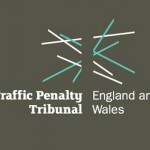
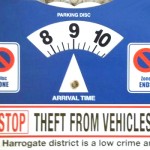
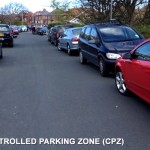


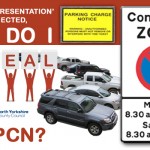


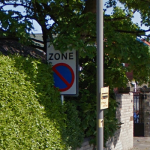
















Comments are closed.